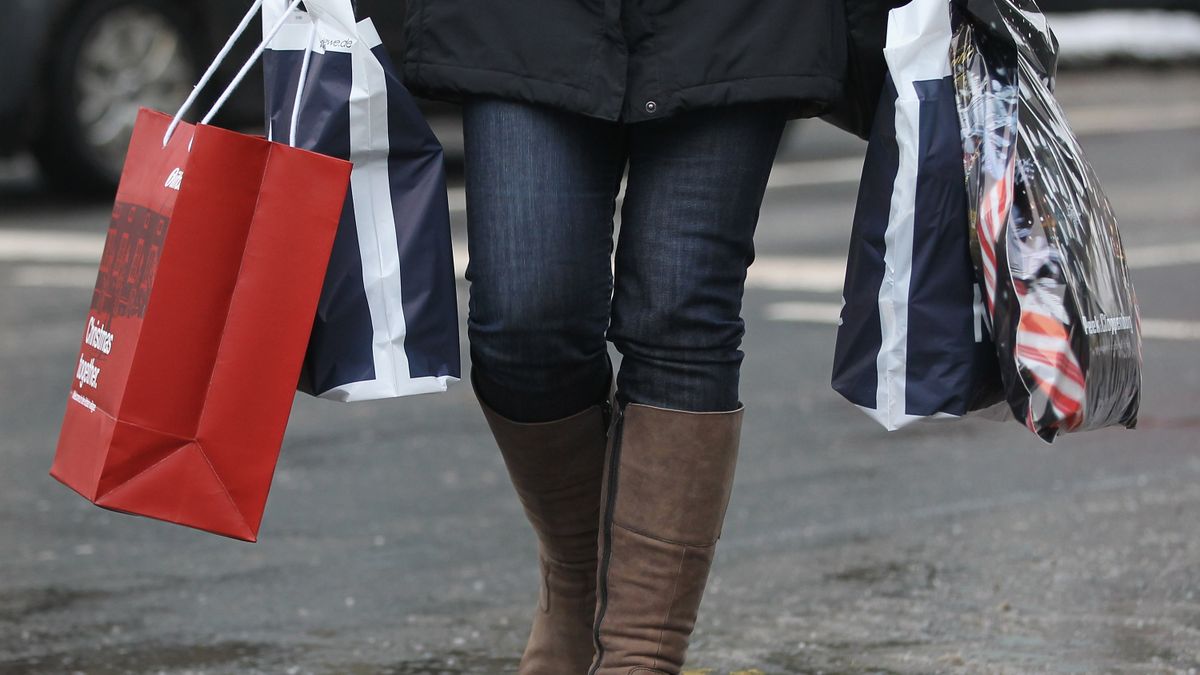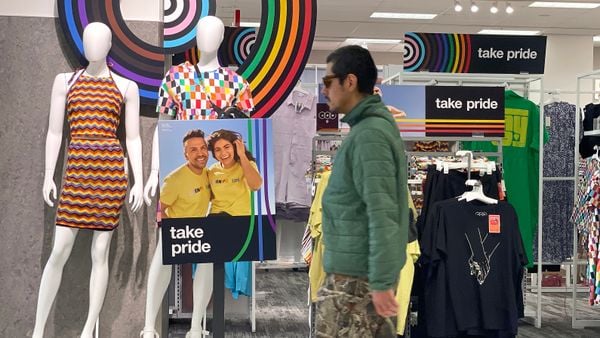Dive Brief:
- Influencers have the single largest impact on consumers' sustainability choices, ahead of TV documentaries, news articles and government campaigns, according to a study shared with Marketing Dive conducted by Unilever with the Behavioural Insights Team (BIT).
- Three-quarters of consumers surveyed said that social media content made them more likely to adopt sustainable behaviors, with 83% of consumers, and 86% of those 18-34, saying that TikTok and Instagram are helpful places to seek out advice on how to be greener at home.
- The study, commissioned by Unilever brands Dove and Hellmann's alongside experts from across the business, demonstrates how brands can utilize social media and influencers to create content in line with larger sustainability efforts.
Dive Insight:
The results of the study conducted by Unilever and UK-based organization the Behavioural Insights Team — unofficially known as the “nudge unit” for how it attempts to influence action — demonstrates some of the strategies and tactics that brands use as part of sustainability efforts that seek to encourage consumers to change their behaviors, like using less plastic and wasting less food.
"People are finding it hard to make sustainable choices due to a lack of simple, immediate and trustworthy information," said Conny Braams, Unilever’s chief digital and commercial officer, in a statement. "Our ambition is to continue to collaborate with our partners to improve the sustainability content produced by our brands and support the creators we work with."
Influencers were rated as impactful by 78% of consumers, ahead of TV documentaries (48%), news articles (37%) and government campaigns (20%), reinforcing the power of influencers at a time when consumer distrust of media and government institutions is increasing. The high marks for Instagram and TikTok as places consumers turn for information underscores the continued importance of the social media platforms.
The study measured the impact on 6,000 participants in the UK, US and Canada that were shown various pieces and styles of content on a simulated social platform crafted by the BIT. The content was either pragmatic, with a focus on the scale of environmental problems and a heavy use of data and statistics, or optimistic, with an emphasis on practical demonstrations of how to live sustainably, often with a humorous tone. Both types of content encouraged consumers to try to change their behaviors, with pragmatic (69%) slightly outperforming optimistic (61%).
The study focused on sustainability efforts from two Unilever brands, with 76% of consumers encouraged to act after watching Dove's plastic reuse content and 82% encouraged after watching Hellmann's content on food waste reduction — the focus of the latter brand's recent Super Bowl ads. Consumers largely support influencers' focus on sustainability, with eight in 10 supporting creators encouraging their audience to act sustainably and seven in 10 supporting influencers selling products or services focused on sustainability.














